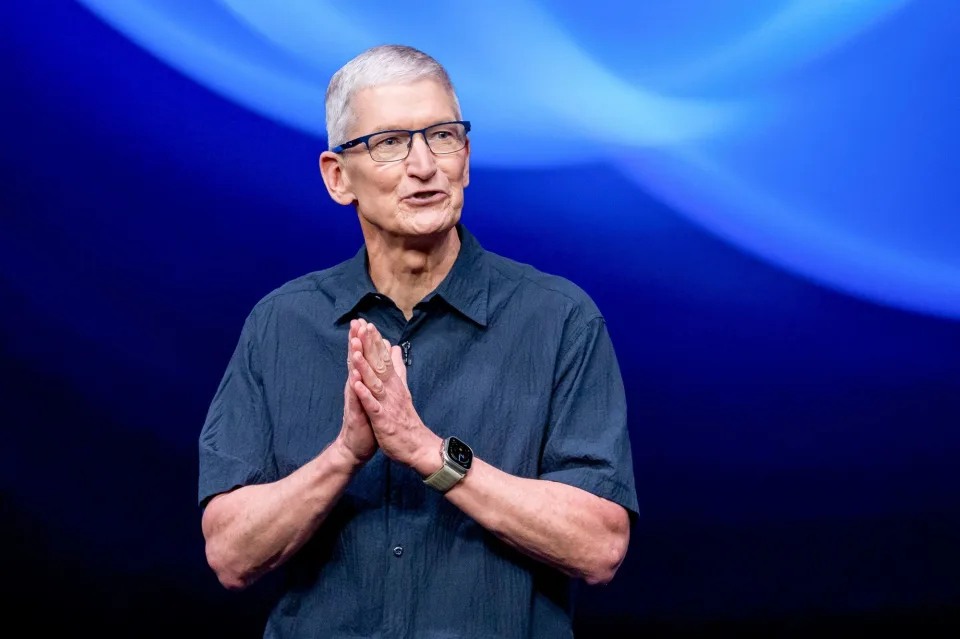Apple Inc. CEO Tim Cook reaffirmed the company’s commitment to expanding its investments in China during a meeting with Jin Zhuanglong, China’s Minister of Industry and Information Technology, highlighting the critical role the country plays in Apple’s global supply chain.
Cook’s visit, his second to China this year, came as part of Apple’s broader engagement with the nation’s economic and technological sectors. In their meeting, Cook assured the minister that Apple would continue to enhance its investments in China and contribute to the “high-quality development” of the local supply chain, according to a post from the ministry on WeChat.
Jin urged Cook to focus more on innovation within the country, emphasizing the need for technological advancements. They also discussed Apple’s operations in China, cloud services, and the secure management of online data. The ministry did not provide further specifics on the discussion.
China’s Key Role in Apple’s Global Strategy
China remains an indispensable market for Apple, particularly as the world’s largest smartphone market outside of the U.S. The iPhone maker works closely with numerous Chinese suppliers, including key players like Luxshare Precision Industry Co., which assembles iPhones and supports millions of jobs within the country.
Despite China’s recent economic slowdown, Apple continues to see strong demand for its products in the region. Sales of Apple’s latest iPhone models in China rose by 20% within the first three weeks compared to the previous year’s launch, according to Counterpoint Research. This increase has reassured investors after some analysts raised concerns over the demand outlook.
AI Expansion Plans for China
Cook also revealed that Apple is working to provide AI-driven services to its Chinese customers, though regulatory hurdles remain. The CEO noted that the company must first navigate China’s stringent regulatory approval process before introducing generative AI tools in the country. Apple has yet to secure a partner in China for its AI initiatives, despite its landmark deal with OpenAI to integrate ChatGPT into its devices outside of mainland China.
China’s regulatory environment has become a significant challenge for U.S. tech firms, with strict rules requiring approval for generative AI services. No major U.S. startup has successfully obtained such approval so far, underscoring the growing technological rivalry between the U.S. and China.
Reports indicate that Apple may consider partnerships with Chinese tech giants Alibaba Group and Baidu as it looks to navigate these challenges and enter the AI market in China.
Strengthening Local Operations Amid Data Regulations
Apple’s relationship with China has also been shaped by the country’s increasing control over data flows. In 2017, Apple built its first data center in China to comply with local regulations mandating the storage of information within the country. Chinese users’ iCloud data is now stored on servers operated by Guizhou Cloud Big Data, a state-linked company.
Cook’s trip to China has included various engagements, such as a visit to an organic farm and an Apple store in Beijing, where he was seen interacting with employees and customers, including one wearing Apple’s Vision Pro headset. Cook was accompanied by Apple’s Chief Operating Officer, Jeff Williams, during these visits.
As China continues to face mounting pressure from U.S. sanctions, Minister Jin has outlined a strategy to strengthen the country’s supply chain, ensuring it can independently produce key technologies and goods. Apple’s commitment to further investment aligns with China’s push to bolster domestic capabilities and mitigate external economic risks.





